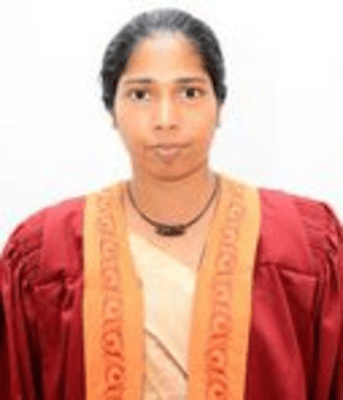- PhD, Tohoku University, Sendai, Japan (2012)
- MSc, Tohoku University, Sendai, Japan (2009)
- BSc in Engineering (Civil Engineering), University of Peradeniya, Sri Lanka (2004)
- Login To:
- LMS
- KDU Mail
- KDU Library

Peer Reviewed International Journal Publications
Book Chapters
Conference Proceedings
Memberships in Professional Bodies